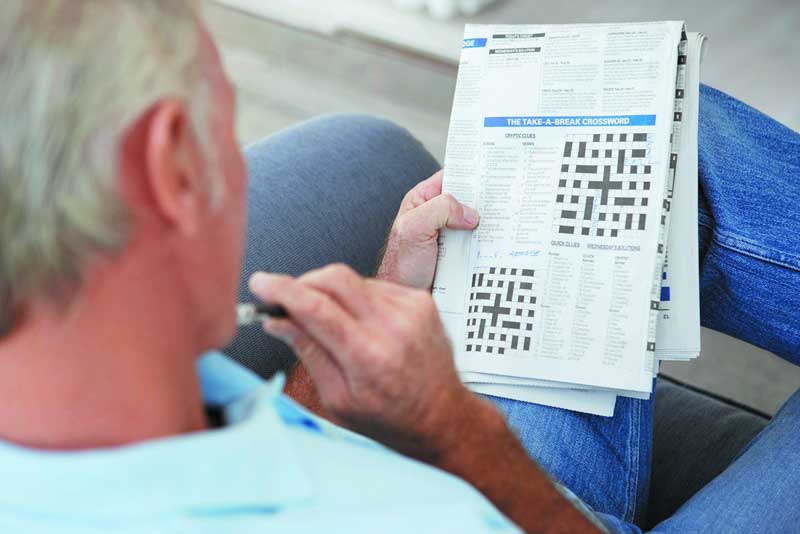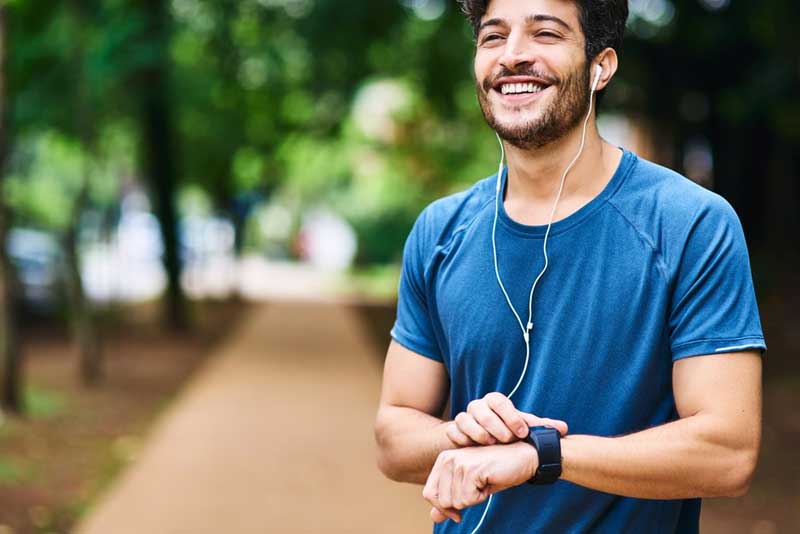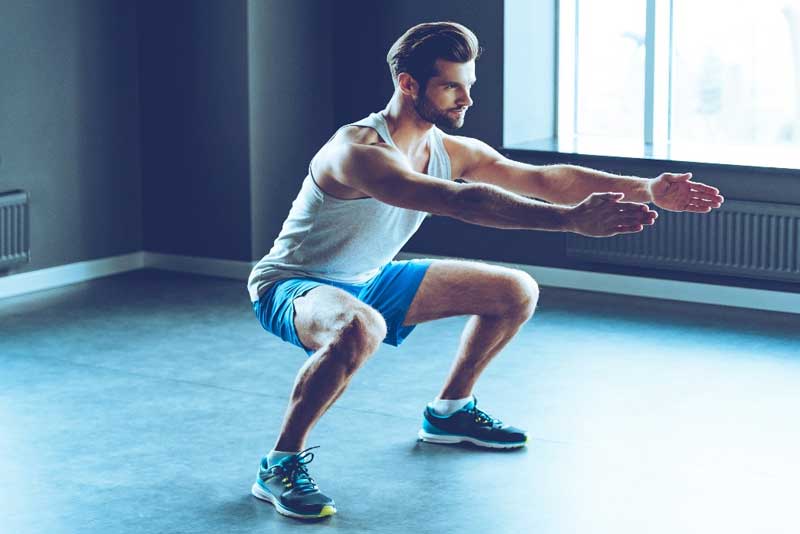
Why Exercise Is So Important for Men′s Mental Health
It′s an incredibly terrible fact to know that suicide is in the top ten causes for death among Australian men, and it′s a statistic that shows no sign of slowing.
We all know that exercise is good for our bodies, but do we actually take the time to think about how physical exercise can make us feel stronger mentally.
- Exercise helps our body pump out endorphins. Endorphins are basically the body′s ′feel great′ drug so we get a natural high when we get moving.
- It gives you some YOU time. Let′s face it, life is busy with work, families and friends so by getting out and about you are allowing yourself a bit of time to do no thinking and more focussing on you.
- If you enjoy team sports then it′s a great way to work on those social connections that help us create a more fulfilled life.
- Exercise helps the body combat and prevent chronic disease. Why is this good? Well, not only will it mean you will live a longer, healthier life – many chronic conditions can be linked with an increase in mental health conditions so you will be putting in the hard yards to keep your mind healthy too.
- It may seem simple, but when you exercise you are helping create a leaner, healthier body. This is turn will help you feel more confident about yourself and your appearance.
What can you do to get the most out of your exercise?
Plan, write, commit and share
One way to truly get yourself moving more is to create your own goals and motivation to exercise. Plan your goals, write them down, make a commitment to yourself that you will achieve this by a certain target and then share your plan with family or friends to help you stick to it. Why should you do this? Sometimes sticking to an exercise plan can be tough, but by having a visual aid and the support of others will help keep you mentally strong. If you aren′t sure about how achieve your exercise goal, chat to an Accredited Exercise Professional who has the experience and knowledge to get you started.
Understand that more isn′t always better
Being all ′gung-ho′ with exercise is unrealistic. Sometimes we can naturally want to start at maximum effort but this really isn′t sustainable. It can take up 6-8 weeks to form a new habit so it is much better to take a slow and steady approach then run the risk of failing at your plan, or worse, injure yourself in the meantime.
Hit the great outdoors
Which may not always be convenient. But if you could replicate the great things about hiking (the walking part, and the nature part), you′d be off to a good start! Aerobic, rhythmic, predictable activities such as walking, cycling and swimming all feel good for a few reasons. They can allow you to correctly assess nervous system responses – the heart is beating faster, but it′s because of exercise, not high levels of stress. Anti-anxiety benefits have also been proven you get walking in a ′green′, natural environment, and bonus points if there is water present. Beach trip anyone?
Hit the great outdoors
Which may not always be convenient. But if you could replicate the great things about hiking (the walking part, and the nature part), you′d be off to a good start! Aerobic, rhythmic, predictable activities such as walking, cycling and swimming all feel good for a few reasons. They can allow you to correctly assess nervous system responses – the heart is beating faster, but it′s because of exercise, not high levels of stress. Anti-anxiety benefits have also been proven you get walking in a ′green′, natural environment, and bonus points if there is water present. Beach trip anyone?
Stand whenever you can
Recent research out of Deakin University, Melbourne has proved that sitting too long is linked to anxiety. They think that too much time in front of a screen can over-excite the fight or flight response, disrupt sleeping patterns, and eventually lead to social withdrawal. Standing up periodically comes with a multitude of health benefits. For the restless mind, it can provide a ′refresh′ button and interrupt the flow of anxious thoughts. If you work or study predominantly at a desk, set an alarm every 30 minutes to stand up – your mind and body will thank you!








